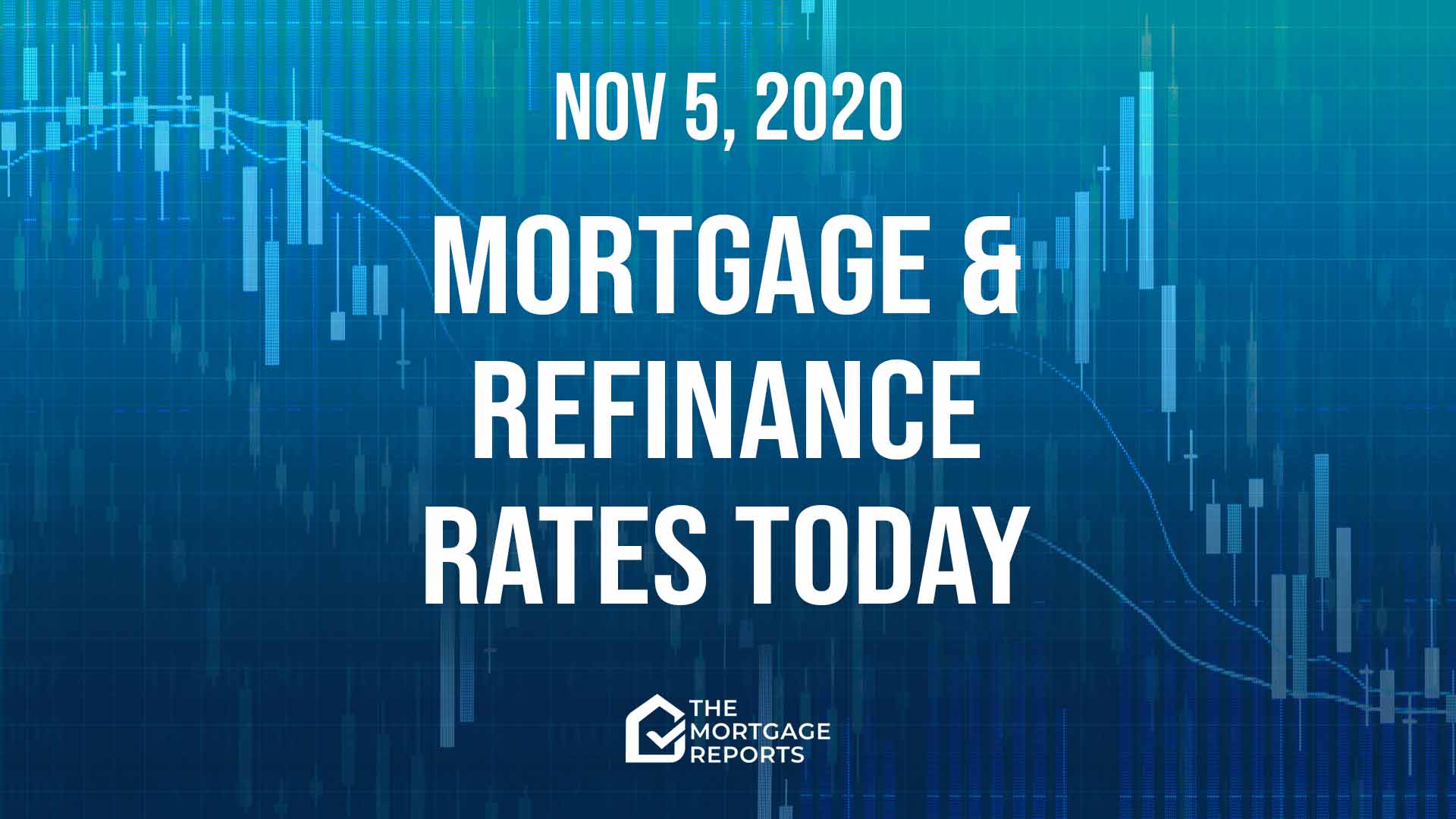

The best time, and the time when many people refinance, is when they have equity in their home, which is the difference between the amount owed to the mortgage company and the current value of the home. There are a variety of reasons to “start over” with a new mortgage, including reduced monthly payments, lower interest rates, accessing the cash-out value of your home for large purchases, or perhaps a change in mortgage companies. In the process, the first mortgage is first paid off, and then a new mortgage is created. Refinancing a home loan is the process where a homeowner takes out a new mortgage on their home. You might be wondering: What exactly does refinance mean for a mortgage holder? How does it work? What are the pros and cons? When should I consider refinancing? When should I not consider it?
#Should i refinance or just pay it down to remove pmi how to
Learn what programs are available, and how to get started, by calling the dedicated mortgage consultants at American Financing.To Refinance, or Not to Refinance? This is a question that should be carefully measuredįor homeowners paying off their first mortgage, the idea of refinancing might be unfamiliar. Making extra principal payments allows you to shorten your term while also saving thousands of dollars in interest.Ī lower monthly mortgage payment is just one of the many benefits of refinancing your loan. Simply lower your mortgage payment by paying down the principal. Many homeowners would prefer to make progress on their current loan than get an entirely new loan. If you're wondering how to lower your mortgage payment without refinancing, you aren't alone. Can I lower my mortgage interest rate without refinancing? Regardless, it’s not an uncommon financial strategy for borrowers to refinance from an FHA to a conventional loan once the 20% equity requirement is met - just so they can avoid further mortgage insurance payments. Though, annual premiums can be lower for lower LTV values or mortgage terms of fifteen years or less. The current annual premium is 0.85% for the most common category of FHA loans.


The current upfront premium rate is 1.75% of the loan amount. It has two components: an upfront premium (UFMIP) and an annual premium. Switch from an FHA to a conventional loanįHA loans require a higher mortgage insurance premium (MIP) payments as compared to conventional loans (which again have PMI). A good way to avoid this is to refinance out of the loan as you’re nearing the end of the initial fixed-rate period.Įnsure you're getting the best advice with these mortgage refinancing tips. ARM rate changes tend to move upward, resulting in higher monthly payments for you. Just be sure you know when the interest rate is scheduled to fluctuate. When used wisely, an ARM can be an effective home loan option. And with interest rates near historic lows, there’s a good chance you can refinance to reduce that rate. What may seem like a small numerical difference in your interest rate can be the difference between saving and spending hundreds of dollars each month for years to come. You should contact your lender to learn about your options or visit this article by the CFPB. If you have a mortgage insurance premium (MIP) on your FHA loan, these rules do not apply. Remember, this is specific to conventional loans. Be sure to stay on top of your loan-to-value (LTV) ratio. But once you reach enough equity to equal 20% of your home’s value, you are able to remove PMI. If you are required to pay mortgage insurance, it will be included in the total monthly payment that you make to your lender, your costs at closing, or both. How much will you pay each month? Well, that varies based on how much money you put down, your credit score, and your insurer. It is specific to conventional loans and provides some protection for the lender in cases where the borrower may default on the home loan. Private Mortgage Insurance, or PMI, is required by most lenders if the borrower is unable to put down less than 20% of the appraised home value or sale price. Key financial strategies you can follow Remove PMI No matter what your reasoning, refinancing to lower your monthly mortgage payment will allow for extra income that can be put toward other things, like debts, expenses, investments, or even vacations. Generally, homeowners will want to refinance if the interest rate is lower than when you financed your home, or if you have an adjustable-rate mortgage (ARM) that will soon have a higher interest rate than the current rate. Many homeowners refinance to lower their monthly mortgage payments.


 0 kommentar(er)
0 kommentar(er)
